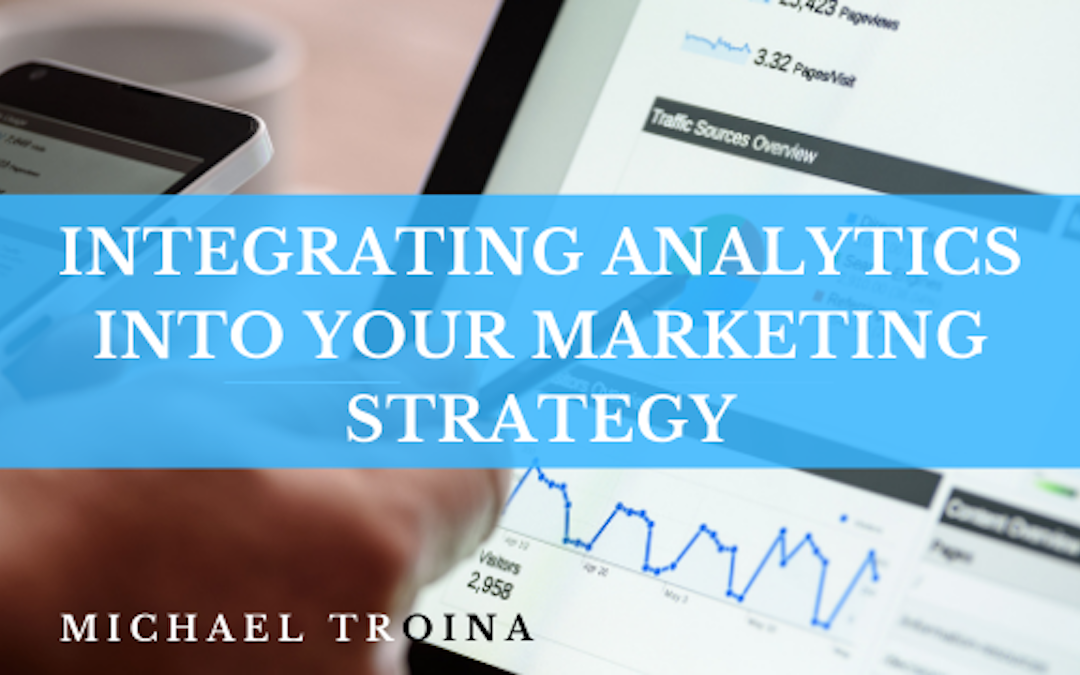Analytics has been a big buzzword for several years now. Many people don’t quite understand them. But the truth is, analytics is all about making data useful. Useful data analytics tell companies about their customer base, their stores, online presence, and more. One of the most critical applications of the information gleaned from data analytics is in marketing.
The most significant rule to remember about data is that it’s only useful if people and businesses use it. Simply collecting information doesn’t amount to anything. Without poking it and extracting insights from it, it’s just taking up space. Breaking numbers down with analytics is the best way for companies to get necessary details from their data. In marketing, integrating analytics into the process can help drive lead acquisition and, ultimately, conversion rate.
Key analytics to look at for marketing include website traffic and engagement. Measuring traffic tells businesspeople how many end users are interacting with their website. This is a significant indicator of how well a marketing campaign is working. Engagement estimates how much time people spend with a company’s content. More specifically, it tracks how long people stay on a given page and how many pages of a site they visit in total. If this indicator goes up or down, it may be time to make a change. Heatmaps, a graphical representation of site traffic, are an even deeper dive into how long users spend on each page of your websites.
Email marketing is another arena where analytics is beneficial. Tracking the open rate of the emails a business sends lets them measure how well they’re communicating with their intended audience. If people won’t even open their emails, either the messaging is off, or the lead has cooled. The clickthrough rate (CTR) is also essential for email and other online marketing. This measures how many people click on calls to action. If no one is clicking, marketing departments know they need to rework their approach.
Most businesses make the mistake of using data analytics as a way of analyzing what they’ve done. They don’t take the insight and plan new steps forward. Data analytics can be a driver of marketing strategy. Using analytics to formulate a marketing plan can take companies to new heights.
